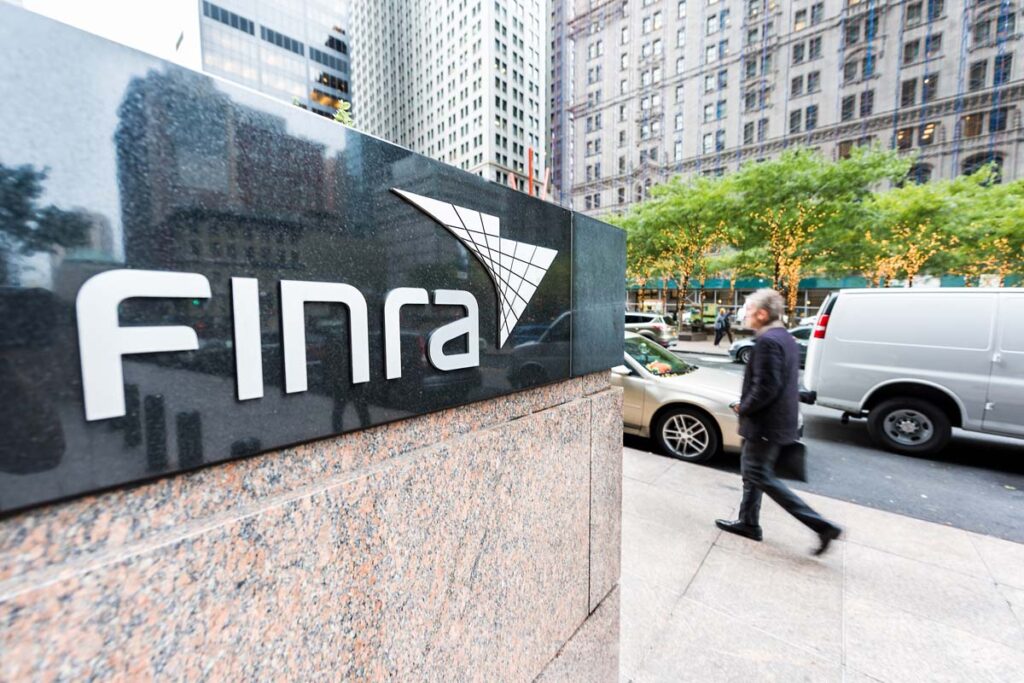
BofA spoofing overview:
- Who: BofA Securities Inc. was fined $25 million by the Financial Industry Regulatory Authority.
- Why: BofA was accused of 700 instances of spoofing through two former traders in the U.S. Treasury secondary markets.
- Where: The BofA fine was sent from FINRA’s Washington, D.C., office.
BofA Securities Inc., formerly Bank of America Merrill Lynch, was fined $25 million by the Financial Industry Regulatory Authority (FINRA) over allegations of spoofing in the U.S. Treasury secondary markets.
The BofA spoofing included more than 700 instances of spoofing through two former traders in U.S. Treasury secondary markets over a six-year span.
FINRA defines spoofing as fraudulent trading using non–bona fide orders that a trader does not intend to have executed to create a false appearance of market activity on one side of the market to lead other participants in the market to execute orders on the other side of the market.
“Spoofing undermines the transparency and integrity of the markets by distorting the true nature of supply and demand. Spoofing is especially detrimental in the U.S. Treasury securities market, given its status as a benchmark for countless financial instruments and transactions,” said Bill St. Louis, executive vice president and head of enforcement at FINRA. “This action sends a strong message that FINRA will aggressively pursue firms that engage in spoofing, including cross-product spoofing.”
Company did not properly supervise its own spoofing activity from 2014 to 2022, BofA fine says
The BofA spoofing spanned 717 instances from October 2014 to February 2021 with a former supervisor and junior trader attempting to induce opposite-side executions on a security or futures contract.
The BofA fine comes as the company is accused of not having the proper supervisory system to detect spoofing activity between October 2014 through September 2022. BofA didn’t have a system until 2015 and then its system was designed to detect spoofing by trading algorithms, not manual spoofing by its traders, until mid-2019.
BofA Securities didn’t capture orders from its traders into some systems until December 2020 and then it didn’t supervise for potential cross-product spoofing in Treasuries until September 2022.
Bank of America recently agreed to a $500,000 settlement to resolve claims that it violated Florida law by sending late-night debt-collection communications to account holders.
Have you invested with BofA securities, an investment banking division of Bank of America? Let us know in the comments.
Don’t Miss Out!
Check out our list of Class Action Lawsuits and Class Action Settlements you may qualify to join!
Read About More Class Action Lawsuits & Class Action Settlements:















One thought on BoA securities unit fined $24M for hundreds of spoofing incidents
iYes, I have invested with BofA securities, an investment banking division of Bank of America and wish to be included for this class action review